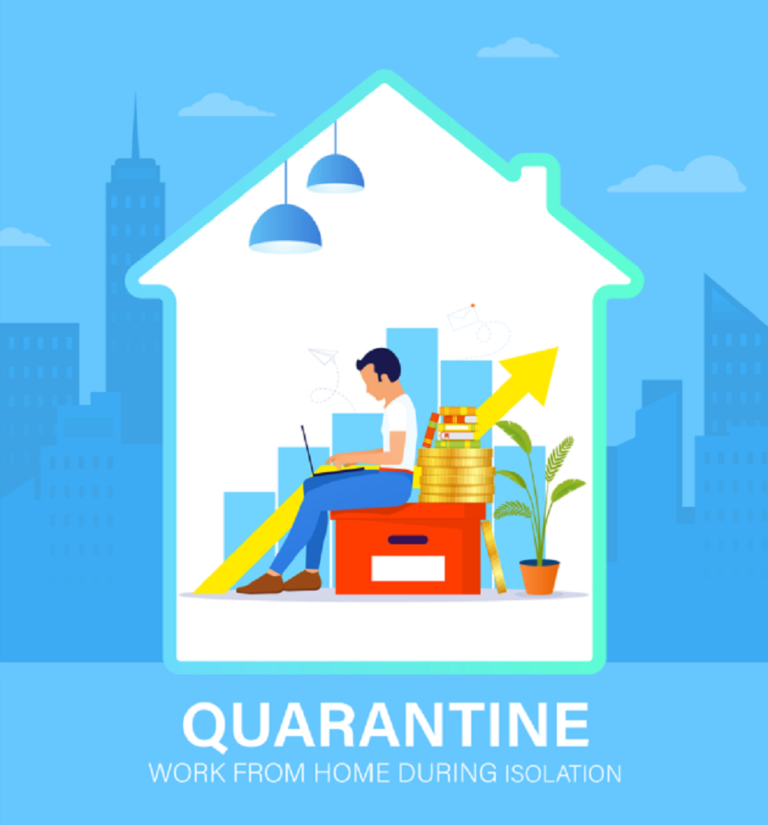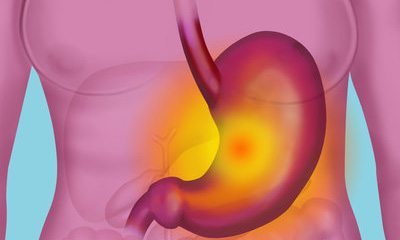
When you feel stressed, that’s your body’s way of responding to any kind of demand or threat. If you aren’t able to cope with certain things such as meeting a deadline, you could feel or act differently. Stress means different things to different people and unfortunately, most people have a lot of mistaken assumptions about it. Read on and let’s debunk some myths about stress!
#1 Myth: If you ignore stress, it will go away
As surprising as it sounds, most people tend to take an “out of sight, out of mind” approach when it comes to stress, says Jessica Rohlfing Pryor, PhD, a clinical lecturer in the department of psychology at Northwestern University.
What they probably don’t know is that this perspective is harmful to your body and well-being, Dr. Pryor says, and it potentially puts you at risk for health issues such as heart disease, gastrointestinal conditions, reproductive issues, sleep problems, weight gain, cognitive impairment, and mood disorders.
“I often tell my clients that compartmentalizing stress is akin to trying to put water in a cardboard box: It will leak out in one way or another,” she adds.
#2 Myth: Willpower can overcome stress
We all have heard people say this to someone who deals with stress: “Oh, just get over it,” or “Pull yourself together.” But stress is actually not something you can just “get over,” according to practicing clinical psychologist John Mayer, MD.
“We need coping mechanisms and lifestyle changes to be stress-free,” he notes.
#3 Myth: Stress is all in your mind
Stress is actually linked to mental health in two ways: It can make mental health issues worse, and it can be caused by mental health problems, like anxiety or depression. However, stress can also have a huge impact on physical health.
“I have seen stress be the cause of very unusual ailments that one would not normally associate with stress,” says Dr. Mayer. Sore throats, ringing ears, dizziness, muscle aches, bloating, heart disease, and nervous shakes may all be exacerbated by or linked to stress.
#4 Myth: You can put off managing stress
“In my practice, I work with a considerable number of high-functioning professionals, and I have now come to expect them to commit to taking care of themselves after the busy season or their next professional deadline,” says Pryor.
“The thing is, we cannot make up for stress periods similarly to how we now know we cannot make up for lost sleep. It is important to maintain good self-care practices because of this,” she says.
#5 Myth: Stress is the same for everybody
No, it’s NOT! In fact, quite the opposite is true, says Dr. Mayer. “Stress is idiosyncratic, which is why there are so many varieties of physical manifestation.” Whether you get stressed about your income, your career, or your relationship, your stress triggers are unique to you.
Everyone responds to stress in their own way, too. That’s why you should know that some people’s responses are emotional, others are physical, and others are a combination of the two.
#6 Myth: Stress is a motivator
This is actually antiquated thinking, says Dr. Mayer. “Research has shown that the best motivators are internal motivation, not external motivators. Stress as a motivator is temporary, thus ineffective,” he adds. It’s essential to understand the difference between stress and stimulus.
Setting goals, figuring out how to get over something, and pushing yourself in order to succeed are stimulating, and that isn’t the same as stress.
#7 Myth: Stress is inevitable
Every single day comes with stressors, but “the key is how we cope with the daily bombardment of stress,” says Dr.Mayer. You can take some steps to manage your stress, in order to make it less likely to overwhelm you. The most important thing is to be aware of your stress triggers. If you know the enemy, you will win the battle.
#8 Myth: Stress cannot be cured
“Chronic stress, which is constant and persists over an extended period of time, can be debilitating and overwhelming,” says the American Psychological Association.
But even people with chronic stress can manage their stressors and may be able to minimize stress through coping mechanisms and making healthy lifestyle choices. Therapies, medication, and various complementary and alternative therapies are effective treatment methods.


























1 thought on “8 Myths You Might Believe About Stress”
can stress cause a cancer